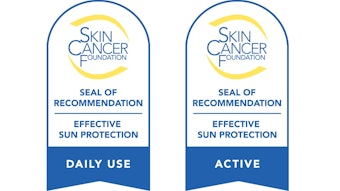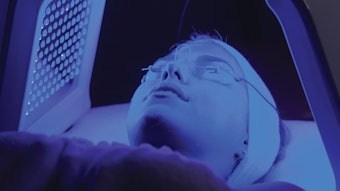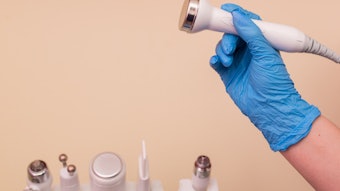
The newly revised bill now includes updates on a cosmetic surgery tax, as well as proposed tax on tanning salons.
The little town of Libby, Montana, isn't mentioned by name in the U.S. Senate's mammoth health care bill, but it's one of the big winners in the legislation, thanks to the influence of finance committee Chairman Max Baucus, D-Mont. After pushing for years for help for residents of the area, thousands of whom suffer from asbestos-related illnesses from a now-closed mineral mining operation, Baucus inserted language in a package of last-minute amendments that grants them access to Medicare benefits.
He didn't advertise the change, and it takes a close read of the bill to find it. It's just one example of how the sweeping legislation designed to remake the U.S. health care system and extend coverage to 30 million uninsured Americans also helps and hurts more narrow interests, often thanks to one lawmaker with influence or bargaining power.
Here's a look at some other winners and losers in the latest version of the legislation, which was expected to survive an initial test vote in the Senate before the end of 2009.
Winners
- Cosmetic surgeons, who fended off a 5% tax on their procedures.
- Nebraska, Louisiana, Vermont and Massachusetts. These states are getting more federal help paying for a proposed Medicaid expansion than other states are. In the case of Nebraska—represented by Sen. Ben Nelson, who's providing the critical 60th vote for the legislation to pass—the federal government is picking up 100% of the tab for the expansion, in perpetuity.
- Beneficiaries of Medicare Advantage plans, the private managed-care plans within Medicare, in Florida. Hundreds of thousands of them will have their benefits grandfathered in thanks to a provision tailored by Sen. Bill Nelson, D-Fla., that also affects a much smaller number of seniors in a few other states.
- Longshoremen. They were added to the list of workers in high-risk professions who are shielded from the full impact of a proposed new tax on high-value insurance plans.
- Community health centers. They got $10 billion more in the revised bill, thanks to advocacy by Sen. Bernie Sanders, I-Vt.
- A handful of physician-owned hospitals being built around the country—including one in Bellevue, Nebraska—which would be permitted to get referrals from the doctors who own them, avoiding a new ban in the Senate bill that will apply to hospitals built in the future. Without mentioning Nebraska or other states by name, the Senate bill pushes back some legal deadlines by several months, in effect making a few hospitals that are near completion eligible to continue receiving referrals from the doctors who own them.
- AARP, the lobby for elderly people. The new Democratic bill has about $1 billion in extra Medicaid payments to states that provide visiting nurses and other in-home or community services to prevent low-income people from needing to be admitted to hospitals. In House-Senate bargaining, AARP also is expected to win one of their top priorities: a full closing of the so-called "doughnut hole," the gap in Medicare's coverage of prescription drugs.
Losers
- Tanning salons, which are getting hit with a 10% tax on indoor tanning services, replacing the cosmetic surgery tax.
- Progressives. They had to give up on their long-held dream of a new government-run insurance plan so that Democratic leaders could lock down the necessary votes from moderates.
- People making over $200,000 a year. A proposed 0.5% increase in the Medicare payroll tax was bumped up to 0.9% in the latest version, putting the tax at 2.35% on income over $200,000 a year for individuals, $250,000 for couples.
- Generic drug makers. They fought unsuccessfully to block 12 years of protection that makers of brand-name biotech drugs—expensive pharmaceuticals made from living cells—will get against generic would-be competitors.
Associated Press, Dec. 20, 2009










